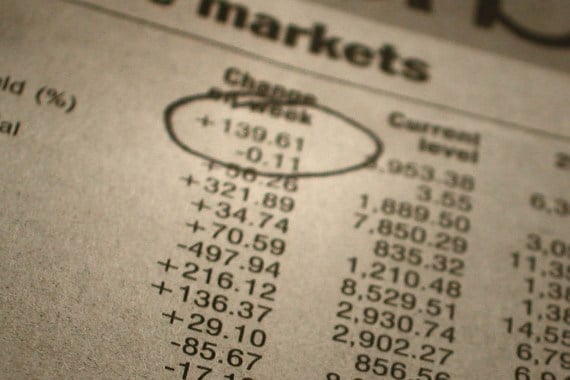Market closures tend to trigger drops in major indexes — but they don't last long.
When the stock market reopens for business Wednesday, after closing Monday and Tuesday from Hurricane Sandy bearing down on the East Coast, investors should expect some immediate volatility tied to a pent-up demand for selling, according to market watchers.
“We're already in the middle of an intermediate-term downward trend right now, so it should be a fast downward move with pent-up selling when the market reopens,” said Harry Clark, chairman and chief executive of Clark Capital Management Group.
Unlike such major market-jarring events as the Sept. 11, 2001, terrorist attacks, this particular closing is not expected to affect the markets as much as interrupt a period of concentrated uncertainty related to next week's presidential elections, earnings season and continuing turmoil in Europe.
“The three Es are all hitting at once, and that means there could be a chance for some pretty major volatility,” said Ryan Detrick, senior technical analysts at Schaeffer's Investment Research.
“Being closed one or two days isn't a shock to the markets, but the challenge is that we're now a week away from the election and we're right in the heart of earnings season,” he said. “If the market was closed on one of those boring days in June, it might not be a big deal, but the market has been anything but boring the last couple of weeks.”
The S&P 500, which fell by 1.5% last week, has declined by 4.3% from a mid-September peak.
Stock market disruptions are rare, and Monday's close marks just the third time the New York Stock Exchange has closed for a full day since September 2001, when the market closed for four consecutive days.
Since then, the exchange closed Jan. 2, 2007, in observance of a national day of mourning following the death of former President Gerald Ford on Dec. 26, 2006.
The exchange also closed June 11, 2004, in observance of the national day of mourning for former President Ronald Reagan, who died June 5.
The NYSE last halted trading for weather-related reasons in September 1985 when Hurricane Gloria hit.
Whether the markets are closed or not, natural disasters historically have not been able to derail the equity markets for an extended period, according to Brian Gendreau, market strategist at Cetera Financial Group Inc. and professor of finance at the University of Florida.
In an analysis of seven major natural and environmental disasters dating back to the Three Mile Island nuclear plant accident in 1979, Mr. Gendreau found that the U.S. stock market has never taken longer than 15 trading days to fully recover from any immediate decline.
In the case of Three Mile Island, the Dow Jones Industrial Average was back to pre-disaster levels seven trading days after the March 28, 1979, accident.
It took 15 trading days for the Dow to recover fully from losses following the Jan. 17, 1995, Kobe earthquake in Japan, which killed more than 6,400 people.
The Dow recovered in one day from losses following the April 20, 2010, Deepwater Horizon explosion and oil spill in the Gulf of Mexico.
“The markets could open with a thud, but all we have to go by is the way the markets have reacted to past disasters,” Mr. Gendreau said. “Typically, they react negatively during the actual disaster, and then it regains the losses rather quickly.”
Mr. Clark pointed out that stock futures were suggesting a slight sell-off to open Monday trading before the announcement was made to keep the market closed for the day.
“When the market does open, I look for some down days as we get closer to the election, and then we could test the June market lows by Thanksgiving,” he said. “And that would be a nice place to start a year-end rally.”
Mark Travis, president of Intrepid Capital, agrees with the theory of pent-up demand for selling and said that another reason could be tax management as new taxes are expected to come with the new year.
“Through September, the market gained 30% over the prior 12 months, so I think you're getting a lot of people who want to monetize some gains,” he said. “That means there will certainly be a bias toward selling between now and Jan. 1.”







